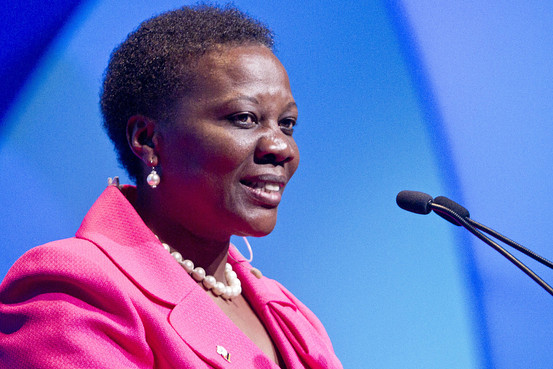A local NGO, Africa Institute for Energy Governance (AFIEGO) wants government to explore options of cancelling the Power Purchase Agreements (PPAs) it signed with Jacobsen and Electro-Maxx to supply thermal electricity, with arguments that Ugandans are not using the thermal power provided by the two firms.

AFIEGO is also demanding that government allows Parliament to access the agreements, failure of which will lead to legal action.
“Failure to adhere to the above demands will result in legal action against government,” the NGO says in its latest statement.
Last month, parliament’s budget committee raised concerns over the supplementary budget of Shs451 billion by the Ministry of Finance which included Shs 106 billion to clear Jacobsen and Electro Maxx, providers of thermal electricity in Uganda. The committee raised concerns because the Ministry of Energy had failed to present the agreements signed between government and the thermal generating firms for scrutiny.
Government contracted thermal energy generators Aggreko and Jacobsen to supply power to the national grid in 2005 when the country suffered a power deficit following prolonged drought. The drought saw the water levels in Lake Victoria drastically reduce leading to a fall in electricity generation. In 2012, Electro Maxx commissioned a 90mw heavy fuel thermal plant in Tororo to supply power to the national grid.
The NGO says that following the commissioning of the 250mw Bujagali Hydro Power Plant in October 2012, Uganda’s need for thermal power reduced. Further, the NGO in the statement claims that Uganda has a surplus supply of electricity of up to 500mw during off peak hours.
‘The fact that Ugandans continue to pay thermal power producers in the face of surpluses is highly exploitative and unfair’, part of the statement says, adding that this must stop.
AFIEGO has urged the Ministry of Energy to make the PPAs it signed with Jacobsen and Electro Maxx publicly accessible to enable Parliament to review and explore options of cancelling the agreements without costs to the taxpayer.
“Government officials found to be culpable of signing the bad agreements by the parliamentary investigation must be prosecuted,” the statement reads in part.
It also wants the Electricity Regulatory Authority (ERA) in collaboration with Uganda National Bureau of Statistics (UNBS) to audit UMEME’s pre-payment system to rid the sector of consumer exploitation.
‘Several complaints including malfunctioning Yaka! metres, suspicious electricity metres that run too fast and have seen a surge in electricity bills, denial of consumers the right to monitor their electricity consumption through positioning of the Yaka! metres on electricity poles that are inaccessible to consumers among others have been lodged against’, the statement says.
But in a recent joint press statement, UNBS and ERA said there was an on-going campaign to remove fake electricity meters from the market, following public outcry.
AFIEGO claims it is a registered public policy research and advocacy NGO dedicated to influencing energy policies to benefit the poor and vulnerable.








